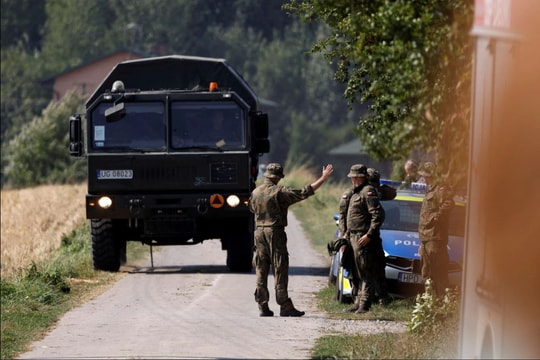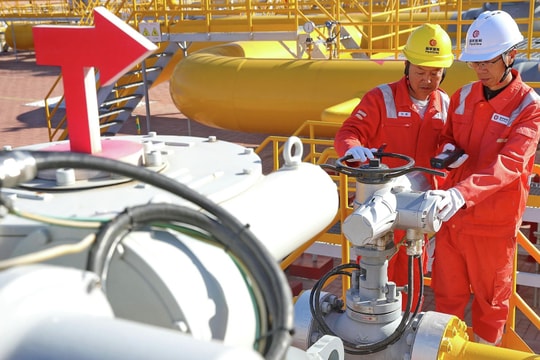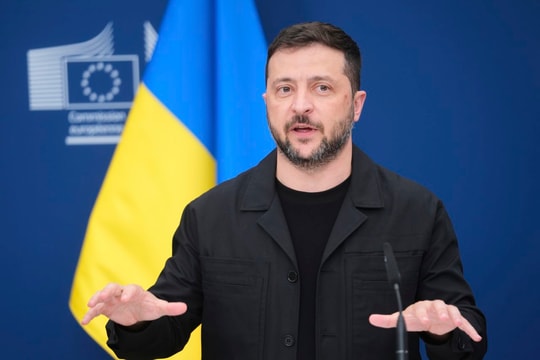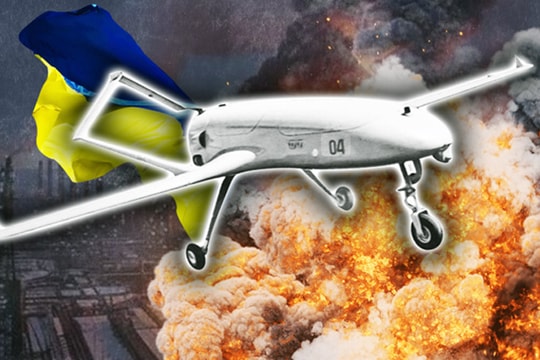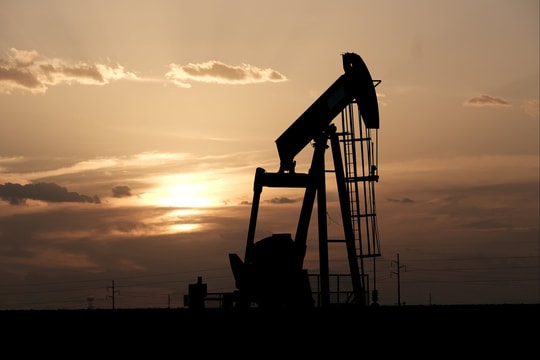Covid-19 vaccine shortage, Russia and China increase influence
(Baonghean.vn) - When Russia became the first country in the world to license the Covid-19 vaccine Sputnik V, and then China licensed the Sinopharm vaccine, there was great skepticism, especially in Western countries, about the effectiveness and safety of these vaccines.
More trust is placed in vaccines from manufacturers such as Pfizer and BioNTech, Moderna, AstraZeneca. But in the context of extremely scarce vaccine supplies and a fierce competition between countries, vaccines from Russia and China are becoming a powerful "card" to increase their position in the competition for global influence.
Europe shakes
Changing perceptions aboutCovid-19 vaccineThe Russian and Chinese vaccines are most visible in Europe, where the EU’s joint vaccine distribution mechanism is causing a serious political crisis, with pressure mounting on European Commission President Ursula von der Leyen. In the past, when advocating for a unified vaccination program in the region, the EU promoted negotiations to buy vaccines from Pfizer and BioNTech, and is now continuing negotiations with Moderna and AstraZeneca. During these negotiations, Russian and Chinese vaccines were never considered, partly for safety reasons, but also due to political factors as the EU’s relations with Russia and China are at a very sensitive stage.
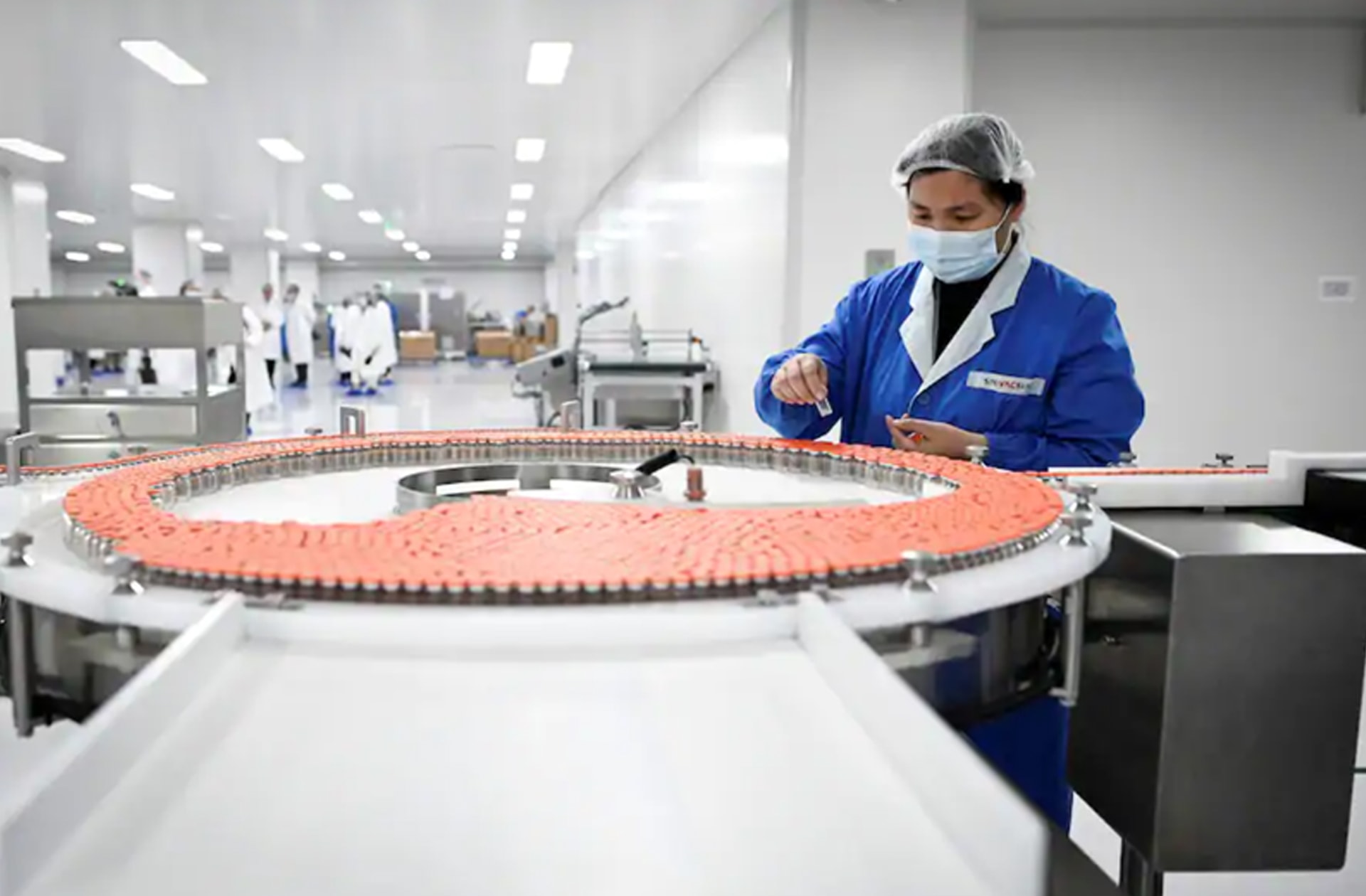 |
| China's Sinovac vaccine production line. Photo: Reuters |
But the pace of deliveries from manufacturers to Europe is so slow that vaccination rates in EU countries are much lower than in countries like Israel, the UK or the US. Currently, the ratepeople are vaccinatedin EU countries is only about 2%, while the US is nearly 8%, the UK and Israel are more than 10%. This reality is fueling criticism aimed at European leaders, that Europe has been too slow in the process of approving and ordering vaccines, causing manufacturers to prioritize deliveries to countries that have ordered in advance like the UK, or that Europe has not diversified its supply sources, causing the number of vaccines supplied to this point to be very limited. In the stalemate when the epidemic is still raging, Hungary - a country that has been harshly criticized for "breaking the rules" in ordering Covid-19 vaccines from Russia and China, has now suddenly become a "pioneer" with many countries calculating to "follow in Hungary's footsteps" to order vaccines from some regions outside Europe.
When Hungary announced that it had ordered 2 million doses of Russia's Sputnik V vaccine, and recently ordered 5 million doses of China's Sinopharm vaccine, many people harshly criticized Hungary's move, considering it an action that could "undermine Europe's common vaccination strategy." A spokesperson for the European Commission said that Europe opposes member states approving vaccines before the European Medicines Agency's licensing decision, and warned that member states would be held responsible for any problems with vaccines licensed outside the European mechanism.
Hungary’s purchase of Russian and Chinese vaccines is seen as damaging trust among member states and contradicting the bloc’s overall vaccination strategy. But the pressure to have enough Covid-19 vaccines to vaccinate people in 27 member states is leading to “revisionism” as many people believe that Hungarian Prime Minister Viktor Orban’s statements that “it doesn’t matter whose vaccine it is,” “vaccines are life,” or “Hungarians cannot die because of Brussels’ delays” are not without reason. A clear sign of a change in Europe’s attitude is German Chancellor Angela Merkel’s statement that she is open to vaccines from both Russia and China, saying that “above all the major political differences we have today, we can work together to fight the pandemic.”
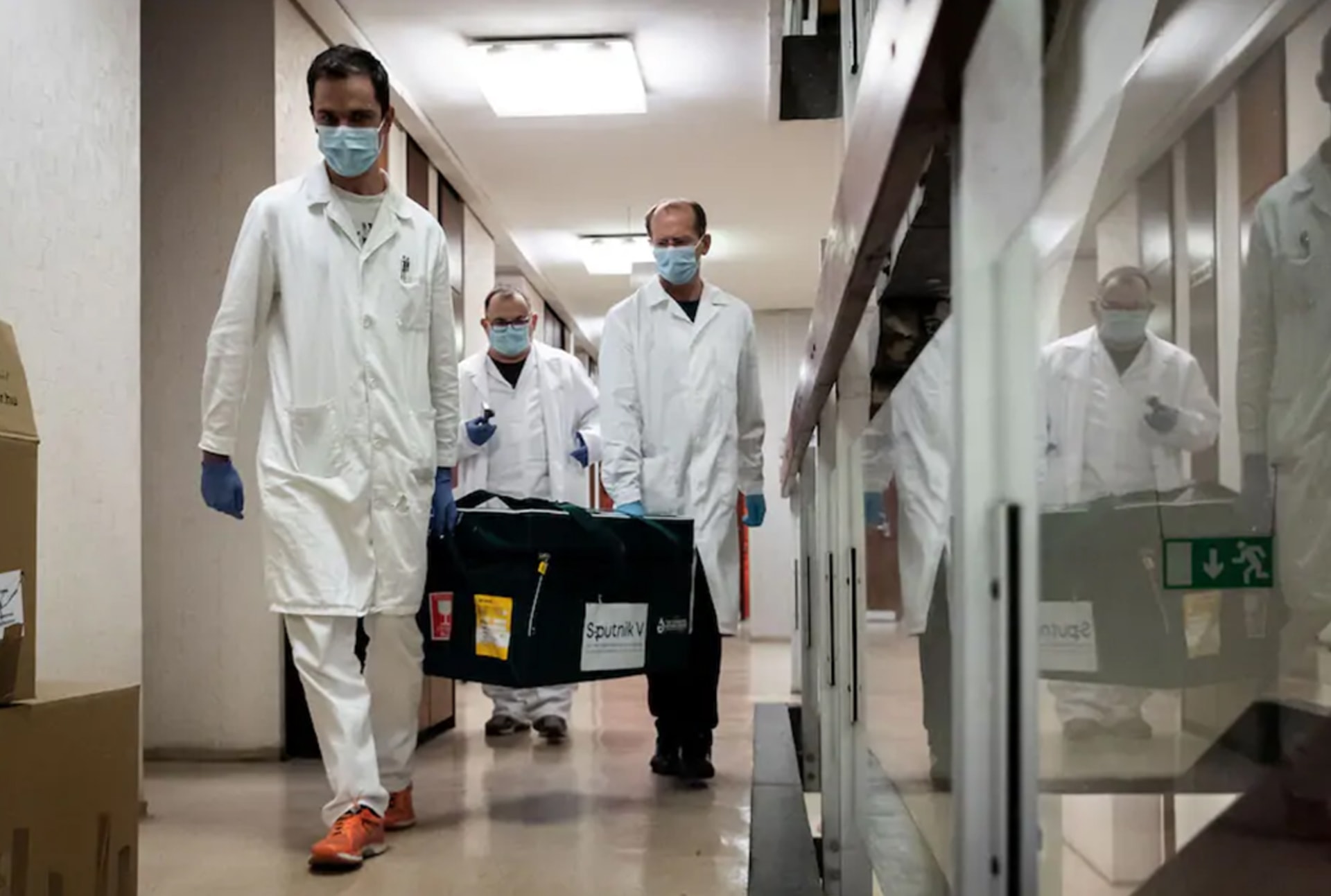 |
| Hungary is the first European country to receive Russia's Sputnik V vaccine. Photo: Reuters |
Political race
Europe's shift in stance toward Russia and China's Covid-19 vaccines could give other countries more confidence in choosing their vaccines, and analysts say Russia and China will quickly seize the opportunity to expand their scientific and technological strengths and manufacturing capabilities. No one can deny the manufacturing capabilities of China, which is considered the "world's factory." Of the five Covid-19 vaccines that China is developing, two, Sinovac and Sinopharm, have been delivered to countries, with reported efficacy ranging from more than 70% to 90%. Meanwhile, Russia's Sputnik V has also been delivered to some countries such as Hungary and Belarus, with reported efficacy of up to 91.6%. Although there are still questions surroundingeffectiveness of vaccinesThese results are not published by an independent agency, but those questions seem to be overshadowed by the scarcity of vaccines on the global market, while also showing that Russian and Chinese vaccines are the most viable options for many countries given the uncertainty they face.
As countries around the world are facing many difficulties in accessing Covid-19 vaccines, analysts have pointed out two opposite behaviors of countries capable of possessing vaccines: one is hoarding, the other is sharing. And both Russia and China are classified in the second group to demonstrate the role of major countries in controlling the epidemic globally. Many other major countries have been used as examples to compare with Russia and China: the US when it refused to participate in the United Nations' COVAX mechanism, the European Union when it continuously announced vaccine purchase contracts with major manufacturers, forcing the World Health Organization to call on rich countries not to hoard vaccines, stop bilateral negotiations with manufacturers to create opportunities for poor countries to access vaccines through the United Nations' COVAX mechanism. Therefore, Russia and China's quick sharing of Covid-19 vaccines is believed to help these two countries expand their political and economic interests.
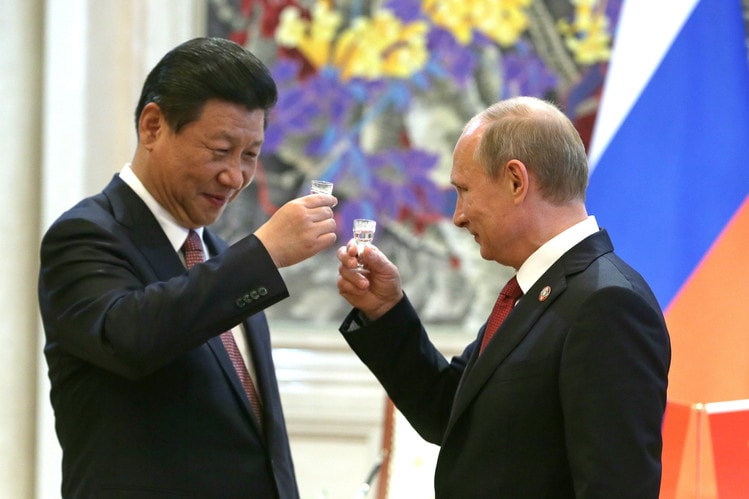 |
| Russia and China have many advantages in providing Covid-19 vaccines. Photo: Wall Street Journal |
Although China has said it will not use vaccines as a political lever, many people have noticed that in many statements, Chinese officials still show the connection between vaccine supply and policies in the Belt and Road Initiative. With a list of countries using Chinese vaccines such as Indonesia, Pakistan, Türkiye, Egypt, Saudi Arabia ..., China is said to be using the Covid-19 vaccine to open the door to areas that are competing for influence with the US such as the Middle East, Africa and Southeast Asia. As for Russia, Sputnik V is a tool in the "vaccine diplomacy" policy to affirm the position of a great power. Even the way Russia chose to name the Covid-19 vaccine Sputnik V is reminiscent of the space race during the Cold War in the 1950s, and the letter V implies a victory for Russia. So far, Russia has received orders from about 50 countries with a total of 1.2 billion doses of vaccine to be delivered. The contract to order 1.2 billion doses is certainly not a purely medical issue, and behind it are political decisions. This can be clearly seen in the contrasting picture in the two Eastern European countries: while Ukraine flatly refused to buy Russian vaccines to avoid potential security and political leverage, Belarus - a close ally of Russia - relies entirely on vaccine supplies from Moscow.
The Covid-19 crisis that has rocked the world for the past year is turning the Covid-19 vaccine into the most powerful bargaining chip today. Analysts say the behavior of countries involved in the story of distributing Covid-19 vaccines is a re-enactment of the world order, with the strong rise of Russia and China.



